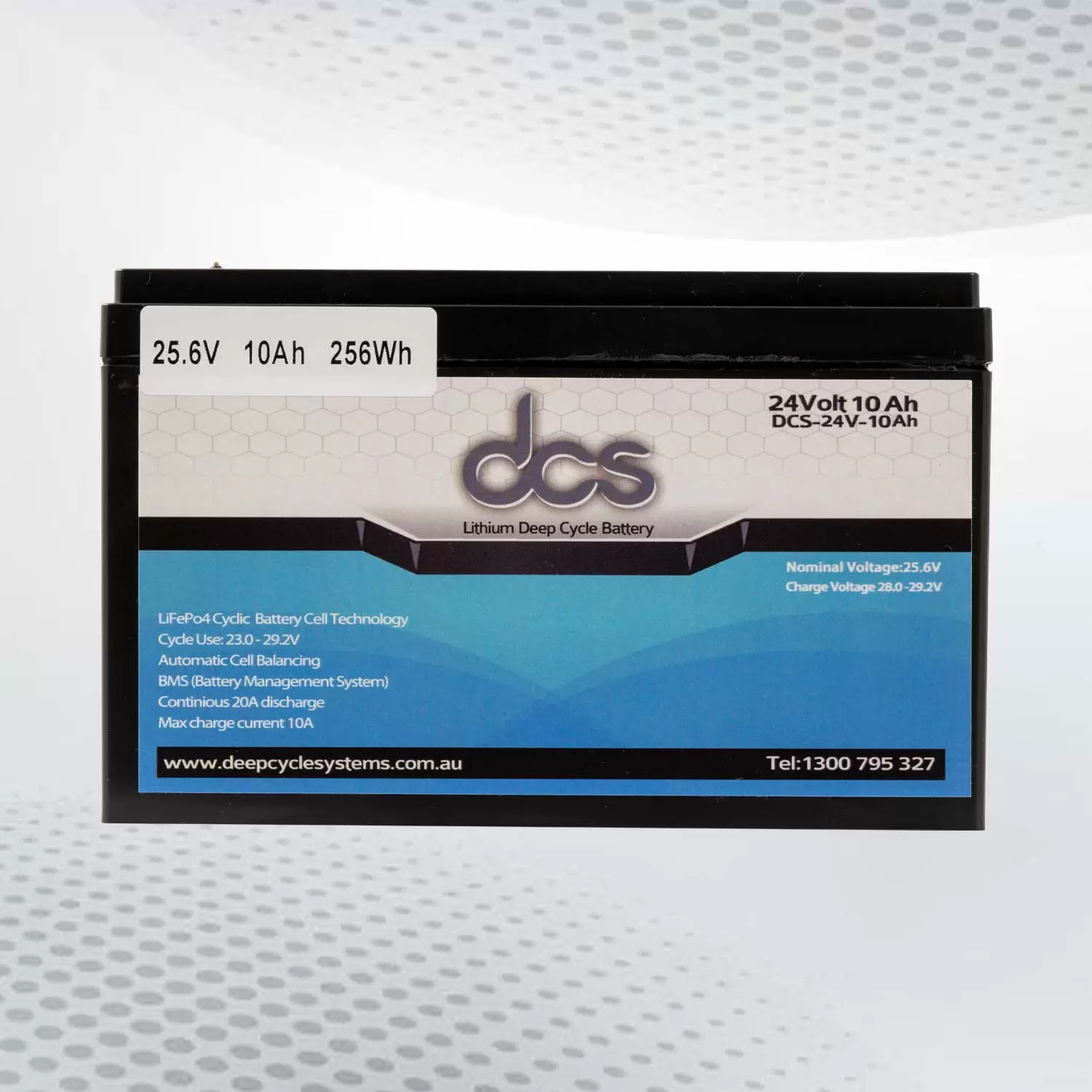Lithium-ion batteries have become the unsung heroes powering a diverse range of devices in a world where technology evolves at lightning speed. From the smartphones that keep us connected to electric cars transforming the way we travel, these compact powerhouses play an essential role in daily life. Their remarkable efficiency and versatility have redefined how gadgets operate and sparked a revolution in transportation. Understanding Lithium Ion Battery opens new avenues to appreciate its profound impact on modern society and future innovations. Dive into this exploration of how these tiny cells are shaping our tech-driven lives!
History and Development of the Technology
The journey of lithium-ion technology began in the 1970s. Researchers sought a lightweight and efficient energy storage solution. Their efforts led to significant breakthroughs in battery chemistry. In 1980, John B. Goodenough and his team developed a lithium-cobalt-oxide cathode. This marked a pivotal moment, enabling higher voltage potentials than previous nickel-cadmium batteries.
By the early 1990s, Sony had commercialized the first lithium-ion battery for consumer electronics. This innovation revolutionized portable devices by allowing them to hold more charge while being lighter. As demand surged, manufacturers invested heavily in research and development. New materials emerged, enhancing performance and safety features over time. Today’s lithium-ion batteries are integral to various technologies beyond smartphones—from laptops to electric vehicles—showing remarkable versatility and adaptability across industries.
Advantages of Lithium Ion Solar Battery
Lithium-ion batteries offer numerous advantages that have revolutionized portable energy storage. Their high energy density means they can store more power compactly, making them ideal for various applications.
High Energy Density
Lithium-ion batteries provide high energy density, allowing users to enjoy extended usage without constantly searching for a charger. This reliability is crucial as smartphones and other devices serve multiple purposes: communication, entertainment, and productivity.
Fast Charging Capability
Fast charging is another significant advantage. Many modern smartphones support quick charge technologies, which reduce downtime for users on the go. This feature ensures that devices are quickly ready for use, enhancing convenience and efficiency.
Lightweight Design
Lithium-ion technology’s lightweight design enhances user convenience while maintaining robust performance levels. This characteristic is particularly beneficial for portable devices, making them easier to handle and carry.
Efficient Battery Management
As applications become increasingly sophisticated and demand power resources, efficient battery management becomes essential. Integrating advanced software with Lithium Ion Solar Battery systems optimizes energy consumption, enhancing user experience across various applications. This combination ensures that devices run smoothly and efficiently, even with high-performance demands.
Applications in Smartphones
Lithium-ion batteries have revolutionized the smartphone industry. Their compact design allows manufacturers to create sleek, portable devices that fit comfortably in pockets.
Lithium-ion batteries have revolutionized smartphone use by providing high energy density, allowing users to enjoy extended usage without the constant need for recharging. This reliability is essential as smartphones serve multiple purposes, from communication and entertainment to productivity and beyond.
Another significant advantage of lithium-ion batteries is their fast charging capability. Many modern smartphones support quick charge technologies, which minimize downtime for users who are always on the move. This feature ensures that users can quickly return to activities without interruption, even with short charging periods.
Moreover, lithium-ion technology enables the creation of lightweight and sleek smartphone designs, enhancing user convenience without compromising performance. This aspect is particularly beneficial as it allows for developing more portable and stylish devices.
As applications become increasingly sophisticated and power-demanding, efficient battery management becomes crucial. Integrating advanced software with lithium-ion systems optimizes energy consumption, ensuring power is used efficiently across various applications. This optimization extends battery life and enhances the overall user experience, allowing smartphones to operate smoothly and effectively even under heavy usage.
The combination of high energy density, fast charging capabilities, lightweight design, and advanced battery management makes lithium-ion batteries an indispensable component of modern smartphones. They support their diverse and demanding functions while ensuring user satisfaction.
Impact on the Automobile Industry: The Rise of Electric Cars
The rise of electric cars has fundamentally transformed the automobile industry. Lithium-ion technology plays a pivotal role in this shift, offering energy density and efficiency previously unattainable. Manufacturers are increasingly investing in the development of electric vehicles (EVs). Major players like Tesla have set benchmarks for performance and range, pushing traditional automakers to follow suit.
Charging infrastructure is also expanding rapidly. Cities and highways are becoming dotted with charging stations, making EV ownership more feasible for consumers. Moreover, governments worldwide provide incentives to promote cleaner transport options. Tax credits and rebates encourage potential buyers to consider electric over gasoline-powered vehicles. Demand for sustainable transportation continues to surge as consumer awareness of environmental impacts grows. This trend not only reshapes manufacturing practices but also influences global policies on emissions standards and renewable energy sources.
Challenges and Future Developments
Lithium-ion technology faces several challenges that require innovative solutions. One significant issue is aging batteries, leading to reduced performance and shorter lifespans. Researchers are actively exploring ways to enhance durability and extend battery life.
You’re right; sourcing raw materials like lithium, cobalt, and nickel presents significant environmental challenges. Mining these materials often profoundly impacts ecosystems and communities. Developing sustainable extraction methods is essential to address these concerns and minimize ecological damage while meeting the increasing demand for these crucial components.
Solid-state batteries represent a promising future development in this area. They offer higher energy density and greater safety compared to traditional lithium-ion batteries. Solid-state technology reduces the risk of leaks and fires, making them safer for various applications, including electric vehicles.
Improvements in recycling processes also hold great potential for enhancing sustainability in the battery industry. More efficient recycling methods can help reclaim valuable materials from used batteries, reducing the need for new raw material extraction and supporting a circular economy. This not only benefits the environment but also helps in managing resources more effectively.
As electric vehicles (EVs) gain popularity, developing charging infrastructure will be crucial. Faster charging times and widespread availability of charging stations can significantly influence consumer adoption rates. Investing in robust and accessible charging networks ensures EVs are more convenient for users, thus promoting their broader acceptance.
These advancements collectively pave the way for a more sustainable future, balancing the need for advanced battery technologies with environmental stewardship. Continued research and innovation will help us achieve a greener and more efficient energy landscape.
Environmental Impact and Sustainability of Deep Cycle Solar Battery
You’ve highlighted some critical points regarding the environmental impact of lithium-ion technology. Indeed, while lithium-ion batteries have revolutionized many industries, their production and disposal raise significant environmental concerns.
Environmental Impact of Lithium Extraction:
- Water Depletion: The extraction of lithium, especially from salt flats, requires significant water usage, which can lead to water depletion and negatively affect local communities and ecosystems.
- Habitat Disruption: Mining activities can disturb habitats, leading to loss of biodiversity and ecological imbalance.
Energy Consumption and Emissions:
- High Energy Consumption: The manufacturing process of lithium-ion batteries is energy-intensive. When this energy comes from non-renewable sources, it contributes to greenhouse gas emissions.
- Sourcing Practices: As the demand for Deep Cycle Solar Battery grows, adopting sustainable sourcing practices is crucial to mitigate environmental impact.
Recycling and Technological Innovations:
- Recycling: Improving recycling rates is a viable path to reducing waste and environmental harm. Although current recycling rates are low, technological advancements could enhance the recovery of valuable materials.
- Battery Chemistry Innovations: Researchers are actively exploring new battery chemistries that reduce reliance on scarce resources while enhancing performance. These innovations hold promise for making battery technology more sustainable.
Collaborative Efforts:
- Manufacturers Need to invest in more sustainable production practices and support recycling efforts.
- Policymakers Should implement regulations that promote sustainable practices and incentivize research into greener technologies.
- Consumers: You can play a role by opting for products from companies with strong sustainability commitments and participating in recycling programs.
Addressing these challenges requires a concerted effort from all stakeholders to foster a more sustainable future for lithium-ion technology. By working together, we can leverage the benefits of these technologies while minimizing their environmental footprint.
Conclusion
Lithium Ion Battery has revolutionized how devices are powered, influencing various sectors significantly. Its impact stretches from handheld gadgets to transportation systems, reshaping daily life and industry standards. As advancements continue, the focus shifts toward sustainability and efficiency. Innovations in battery design promise enhanced performance while reducing environmental burdens. The journey of lithium-ion batteries is far from over. Future developments will likely introduce even more groundbreaking applications that could transform energy consumption patterns across multiple domains. Consumer awareness around sustainable practices is growing as well. This shift indicates a collective movement toward greener solutions that harness this powerful technology responsibly.
FAQS
What are lithium-ion batteries?
Lithium-ion batteries are rechargeable batteries that use lithium ions as the primary component of their electrochemistry. They are widely used in consumer electronics due to their high energy density and low self-discharge rates.
How do lithium-ion batteries work?
These batteries move lithium ions between the anode and cathode during charging and discharging cycles. This movement generates an electrical current, which powers devices or vehicles.
Are there any risks associated with using Lithium Ion Battery technology?
While generally safe, improperly manufactured or damaged Lithium Ion Battery can pose risks such as overheating or fires. Proper handling and adherence to safety standards mitigate these risks effectively.
What is the lifespan of a typical lithium-ion battery?
The lifespan of consumer electronics varies based on usage patterns but typically ranges from 2 to 10 years. Electric vehicle batteries may last longer due to advanced management systems that optimize performance over time.
How does recycling work for lithium-ion batteries?
Recycling involves collecting old or discarded battery units, which are processed mechanically, followed by chemical treatment to recover valuable materials like cobalt, nickel, and copper while minimizing environmental harm.
| Related Business Listings |
| Contact Directory |
| Local Business Profiles |




